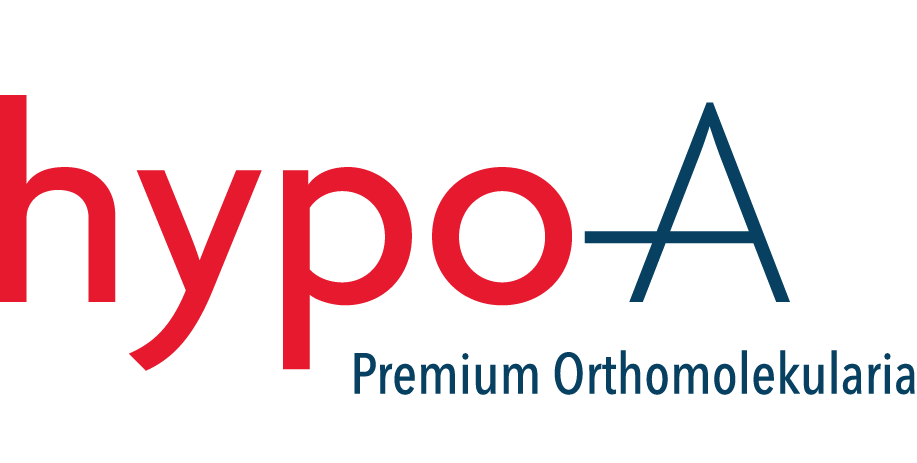Indications of a troubled intestine

Typical diseases that can indicate a troubled intestine are
- irregular bowel movement
- diarrhoea or constipation
- abdominal fullness
- flatulence, abdominal bloating
- weakness, poor concentration
- Fungal infections of the skin, such as vaginal fungus, foot fungus
Many of these symptoms can be a sign of defective intestinal flora and of an imbalance of intestinal bacteria. In addition to a healthy diet, in this case, often the use of probiotics within the scope of an intestinal cleansing is recommended. In the case of fungal diseases of the skin, such as foot fungus or vaginal fungus, most often a variety of different intestinal fungi can be determined. Aside from conventional medical treatment with antifungal agents (antimycotics), an intestinal cleansing could also be sensible in this case.
Several important reasons why an intestine may be troubled
Particularly our modern eating habits with numerous additives and processed foods as well as eating under time pressure and not at leisure afflict our intestine enormously.
- Our unnatural diet consisting of fast food, cola, etc. contains many chemicals that affect not only our intestine, such as dyes and preservatives. Just as preservatives are intended to kill germs in our food, they naturally kill or weaken our vital intestinal bacteria as well.
- New, potentially allergenic proteins reach our food through genetically-modified foods, such as corn and soy.
- In the case of food intolerance, individually intolerable or poorly tolerable foodstuffs in our food burden the intestine.
- Through unhealthy eating and dieting habits, such as eating "in passing" and under time pressure as well as insufficient chewing, heavy and indigestible chunks reach our stomach, which at the same time is not given enough time for thorough digestion.
- Not only our food, but also our medications, such as antibiotics and laxatives afflict our intestine.
Food and intestinal cleansing for a healthy intestine

Decisive for the care of our intestine is first ensuring that only good substances are ingested. For our diet, this means:
- organic fresh foods to the extent possible
- regional and seasonal food
- regular fresh saltwater fish in order to provide essential omega-3 fatty acids and iodine
- avoiding heavily processed foods, particularly those with additives (e-substances) like processed meals, seasoning mixes, low-fat meals, low-calorie drinks and UHT milk in food
The value of such healthy food can be increased through dietary supplements, which should also be free from additives. For additional care of the intestine, particularly after antibiotics, an intestinal cleansing may be sensible.
Intestinal cleansing following antibiotics

Antibiotics are occasionally life-saving medications, although they also have their drawbacks. Antibiotics can verifiably change the intestinal flora over the course of months or years by providing for an unnatural selection of intestinal bacteria. At the same time, increasing numbers of physicians are warning about resistances against antibiotics that can destroy the effectiveness of antibiotics in serious cases. Thus, antibiotics should only be used if no other effective alternative is available. If, however, an antibiotic appears to be indispensable, the adverse side effects should be minimised. To reinforce the intestinal flora weakened by the antibiotic, an intestinal cleansing is often recommended from a naturopathic perspective. In the case of such an intestinal cleansing following antibiotics, probiotics are generally used that contain viable germs for facilitating a healthy intestinal flora. The purpose of probiotics is to repress disease-causing germs and settle physiological germs within the scope of the intestinal cleansing following antibiotics.
Therapists and pharmacists can find a guide to orthomolecular intestinal cleansing after logging into the department.



